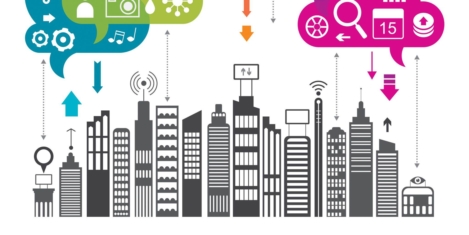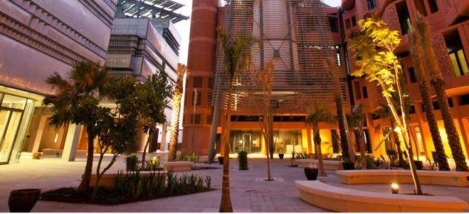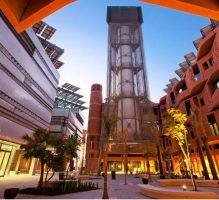November 23, 2016
UK government announces plans to invest in next generation technology 0
 The UK Government is at last to invest properly in the next generation of technological infrastructure to ensure the company keeps pace with developments in broadband, the Internet of Things and 5G. It is to invite the country’s major cities to bid for a chance to pilot 5G from next year. The technology is a key enabler of the Internet of Things (IoT) because it is up to a hundred times faster and more reliable than existing 4G connections. In turn, the IoT will boost the application of game changing technology such as driverless cars and smart building systems. Although the Government has recently focussed on headline physical projects such as HS2, it has come under sustained criticism for the country’s often creaking technological infrastructure.
The UK Government is at last to invest properly in the next generation of technological infrastructure to ensure the company keeps pace with developments in broadband, the Internet of Things and 5G. It is to invite the country’s major cities to bid for a chance to pilot 5G from next year. The technology is a key enabler of the Internet of Things (IoT) because it is up to a hundred times faster and more reliable than existing 4G connections. In turn, the IoT will boost the application of game changing technology such as driverless cars and smart building systems. Although the Government has recently focussed on headline physical projects such as HS2, it has come under sustained criticism for the country’s often creaking technological infrastructure.













 The corporate real estate profession will be influenced, disrupted and transformed in the years ahead by a powerful combination of forces that are re-shaping business strategy and operations, consumer preferences, and how and where people want to live and work, according to a new report from CoreNet Global.
The corporate real estate profession will be influenced, disrupted and transformed in the years ahead by a powerful combination of forces that are re-shaping business strategy and operations, consumer preferences, and how and where people want to live and work, according to a new report from CoreNet Global. 

















January 5, 2016
A round-up of stories you may have missed on your way back to work 0
by Mark Eltringham • Comment, Facilities management, News, Workplace design